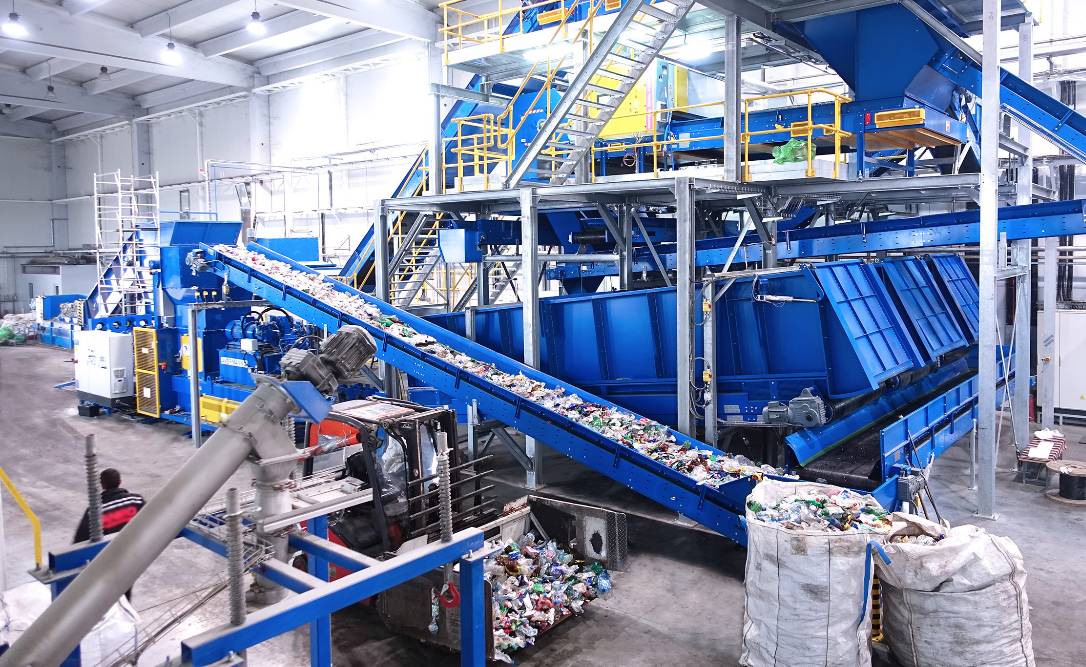Every day, we use plastic to make all kinds of things. This can include items like bags and packaging too, say, a car bumper! How much do you know about recycling? Check out this article to learn more about and why plastic recycling collection is important.
What is recycling?
Recycling is the process of converting waste materials into new and useful products. Plastic recycling is a popular option because it’s easy to collect, use, and dispose of. Recycling plastic can reduce the amount of plastic that ends up in landfills.
There are many different types of plastics that can be recycled. Some plastics can be recycled multiple times, while others can be recycled once.
The most common types of plastic to be recycled are polyethene terephthalate (PET), polypropylene (PP), and polystyrene (PS). These types of plastics are often used to make bottles, containers, food packaging, and other items.
Collecting recyclable plastic materials is important for reducing the amount of plastic that ends up in landfills. Recycling centres will often have collection bins for different types of recyclable materials.
Process of recycling
Plastic recycling is a process that helps to reduce the amount of plastic waste that ends up in landfills. The recycling process begins by sorting plastics into three categories: single-use, recycled, and waste. Recycled plastics are used to make new products, while waste plastics are disposed of.
The benefits of plastic recycling include reducing the amount of plastic waste that ends up in landfills, creating jobs, and reducing energy consumption. The recycling process also helps to reduce the number of pollutants that are released when plastic is burned.
Why recycling Is Important?
Plastic is a popular material used in many products. Unfortunately, when plastic is used, it often doesn’t biodegrade naturally. This means that it can take thousands of years for the plastic to decompose and form into natural soil.
Recycling plastic helps to reduce the amount of plastic that ends up in the environment. It also helps to create jobs, as recycling centres require employees to work on sorting and handling the materials.
Primary plastics are the most valuable and are made from oil, natural gas or other raw materials. These plastics can be recycled multiple times without degrading. Secondary plastics are those that have been damaged in some way and must be sorted before they can be recycled. Tertiary plastics are those that cannot be recycled at all and must be disposed of in a different way.
It’s economical – If done correctly, composting can be very cost-effective.
It’s sustainable – Properly managed composting can help to sustain plant life in your garden or landscape, and it can also help to reduce the amount of waste that goes into local waterways.
It’s beneficial to the soil. It helps improve soil fertility and structure, making it more resistant to pests and diseases.



